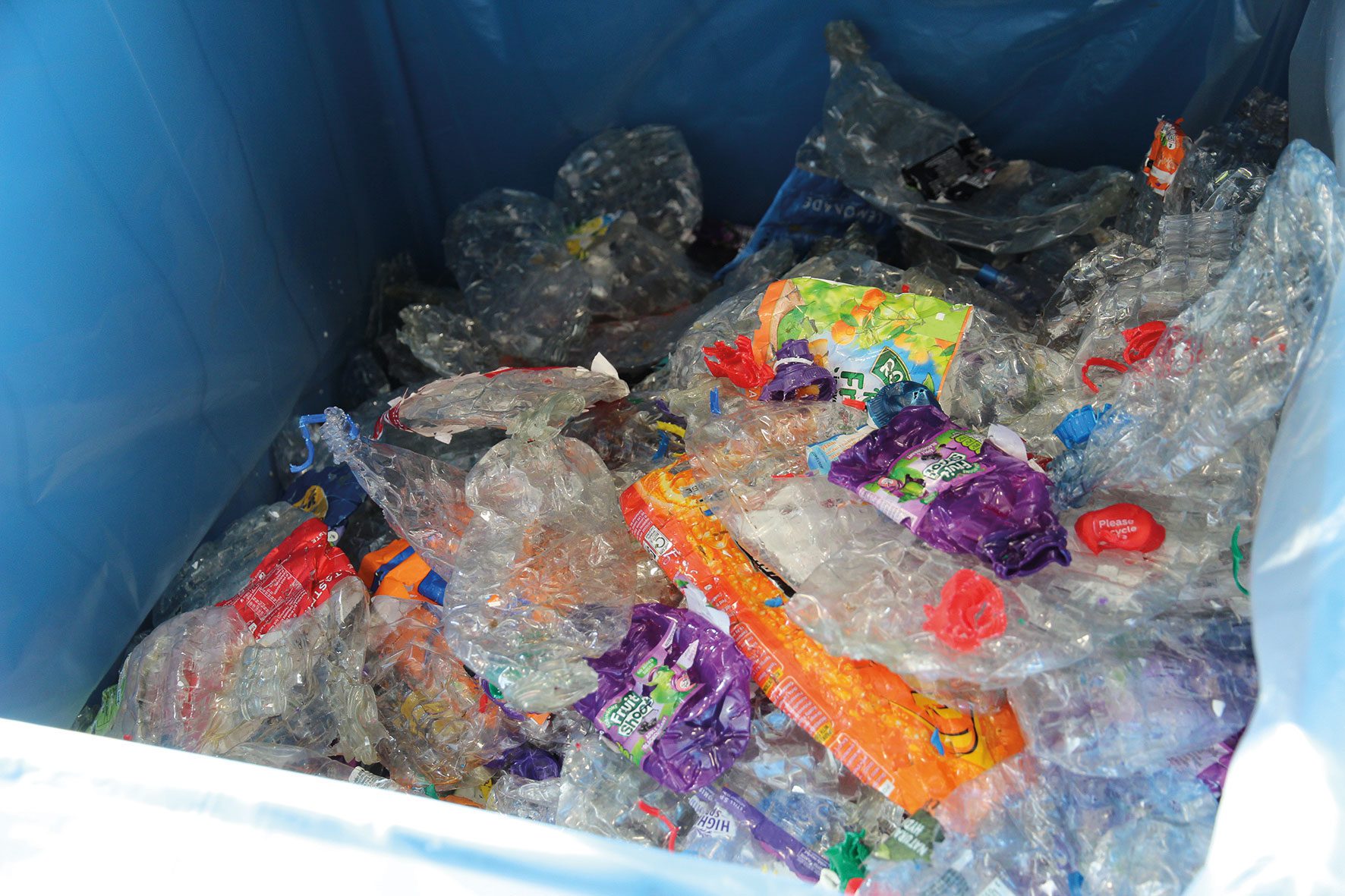Draft regulations a mixed bag for Scottish retailers

THE launch date for deposit return has been pushed back to the spring of 2022.
New regulations, published last month as the coronavirus crisis ramped up, have postponed the implementation of DRS. Deposit return was initially slated for a 1 April 2021 launch date.
The regulations also confirm that when DRS goes live, PET plastic, aluminium cans and glass will all be included in the scheme.
Retail indusrty stakeholders have been highly critical of the inclusion of glass in deposit return. Industry members of the Scottish Government’s DRS Implementation Advisory Group (IAG), called for the material to be ditched from the scheme in a joint letter to IAG chair Don McGillivray last year.
When the scheme does go live, a 20p deposit will be applied to all aluminium, PET plastic and glass drinks containers between 50ml and 3L.
For retailers, the handling fee being proposed by the Scottish Government has been revised down in the latest set of regulations.
In the latest impact assessment of the scheme, the Scottish Government has put forward a 1.1p handling fee per container for manual returns – down from the 1.5p previously floated. For reverse vending machines, that handling fee would be 2.8p, down from 3.1p
Dr John Lee, head of policy and public affairs at the SGF welcomed the Scottish Government’s decision to delay DRS.
“The Scottish Government has listened to industry and shown a pragmatic approach in pushing out the go live date to 2022.
“This will give retailers a realistic timeframe to prepare for the major changes DRS will bring.
“The exemptions process has been broadened out to include criteria on food hygiene: given the importance of food to go to convenience stores this is a very welcome move.
“However we see no good reason why the retailer handling fees have been reduced. 1.1 pence for manual handling shows a complete lack of understanding about the disruptive impact of over-the-counter take back.
“The Scottish government still has major questions to answer,” he said.
Colin Smith, chief executive of the Scottish Wholesale Association, also welcomed the delay to DRS implementation – but questioned the timing of the announcement.
“Our members and their customers are working around the clock to cope with the challenges presented by the most serious health and economic crisis since the Second World War.
“At this critical time, when retailers and hospitality businesses are facing considerable uncertainty over the future viability of their businesses and trying to do their best for their customers and staff, it seems strange the Scottish Government would choose now to publish the regulations,” he said.
Ewan MacDonald-Russell, Scottish Retail Consortium head of policy, noted that while the Scottish Government had heeded calls on delaying DRS, there are still practical problems that must be solved.
“Establishing a Scottish deposit return scheme will be an immense challenge.
“It’s clear Scottish Ministers have listened carefully to our concerns on the difficulties, and have deferred implementation by fifteen months to give the industry a much more achievable commencement date target.
“However, beyond the regulations there are still a number of practical issues to be resolved, and we hope Government continues to attend closely to our concerns so retailers can play their part in delivering a world-class DRS,” he said.
Miles Beale, chief executive of the Wine and Spirit Trade Association had stronger criticism for the Scottish Government, suggesting it either “does not understand or does not care” about the drinks business.
He said: “It is completely insensitive to so many businesses at this most difficult time, that the Scottish Government has tabled this legislation.
“The majority of companies that will be affected by the introduction of DRS are currently under serious threat as a result of COVID-19, and adding extra financial burdens to their business shows a level of indifference by Scottish officials.
“We have long argued that glass bottles should be excluded from the scheme and that a higher rate of glass recycling could be best achieved by improved kerbside collection, but have been fearful that the Scottish Government is simply not listening.”















